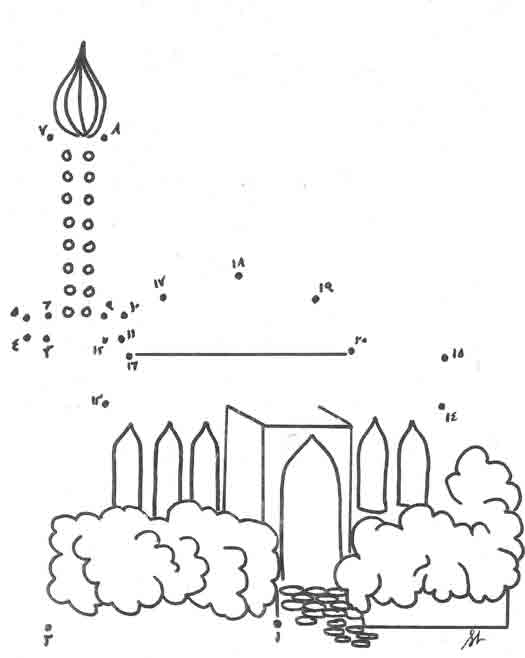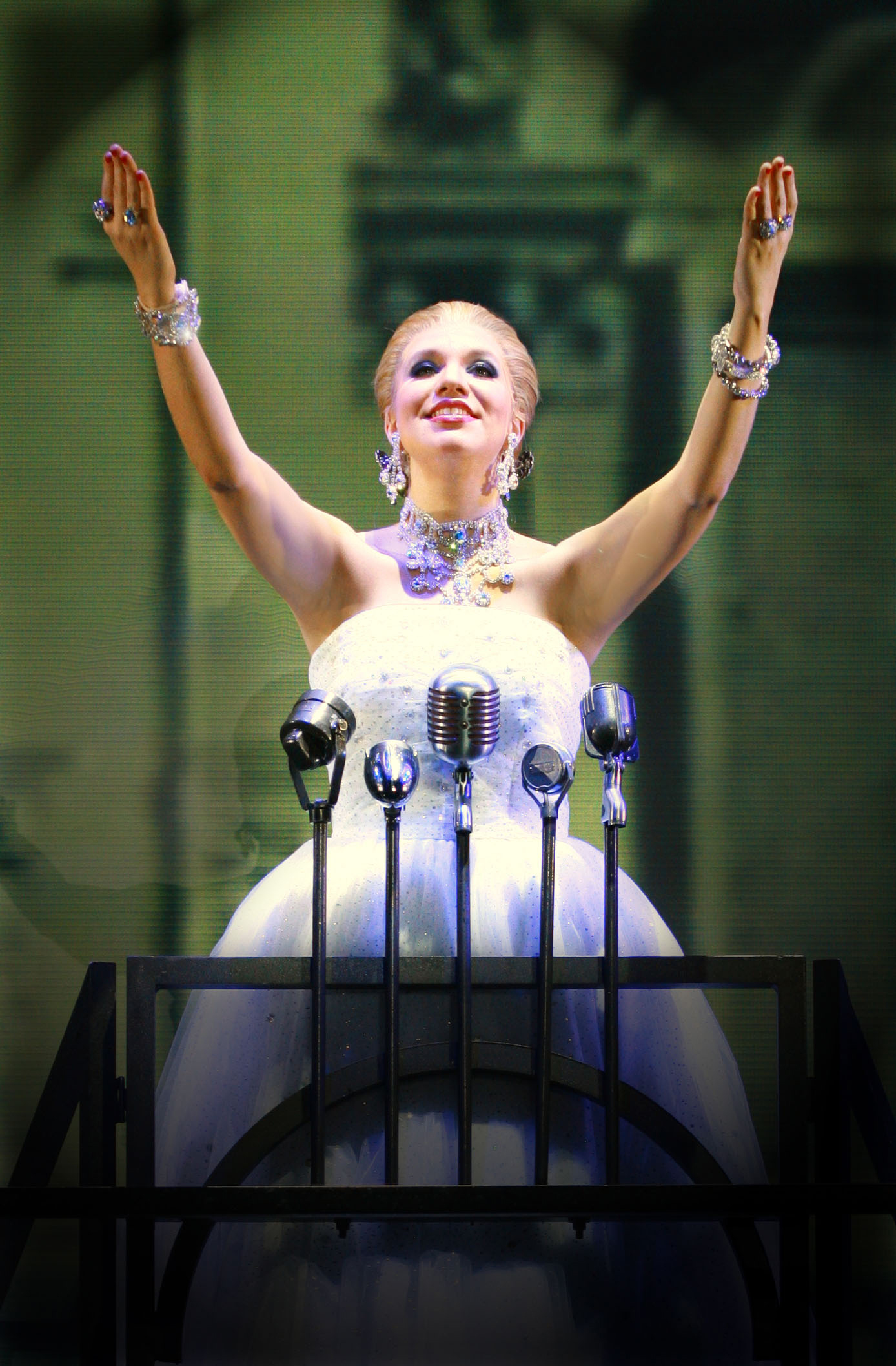
In my continuing, albeit fledgling, series on the books that have influenced my education, I note today Greek Myths and Christian Mystery, by Catholic theologian Hugo Rahner (brother of the more famous Catholic theologian Karl Rahner), written in German in 1957 and translated into English in 1963.
By the time I found this book (just stumbled upon it while strolling among stacks and stacks of books at the college library where I was an undergrad), I had already received a B.A. in history (concentrating on Western history, and leaning back to the Middle Ages) and was in between degrees, soon to embark upon a second B.A., this time in comparative religions. I was already in my mind making the transition from historiography to the deeper wellsprings of history in philosophy and theology.
It was not entirely an accident, then, that I chanced upon Rahner's title, as the stacks I tended to rove amongst were in the sections of the library where history merged into philosophy and religious studies. The title caught my eye -- particularly the "Mystery" part, as I had begun in my intellectual odyssey to note and appreciate the role of mysticism in the Western philosophoumena and theologoumena. And my year or two reading Eric Voegelin had by that time disabused me of one of the misconceptions of post-modern thought: namely, that mythology must be automatically untrue.
Greek Myths and Christian Mystery turned out to be no mere historical account. It is a profoundly moving, strangely intricate survey and illumination of the deeper consanguinity between Graeco-Roman thought (most of which -- including the Philosophers -- was, indeed, mythopoetic) and Christian theology in its first great era of the first few centuries A.D. This book without any hesitation I would say counts among the top ten books that have opened not only my mind, but also my heart, to the wonder of the West's spiritual odyssey.
And my choice of the word odyssey is no mere window-dressing to my brief review here: for, in his meditation, Hugo Rahner unfolds and unravels his theme of Homer as the classical centerpiece between the Graeco-Roman and Judaeo-Christian nexus, bearing the transition of the former to the latter not by denigration and denunciation -- as Muslims or Puritans or Evangelicals would have it -- but by sublimation and apotheosis. At one point (perhaps at the climax of his thesis), Rahner adverts to Homer yoked with outstretched arms to the mast of his ship in The Odyssey as a prefiguration not only of Christ's crucifixion but of his Passion undergoing humanity. This idea is not Rahner's: He was simply unearthing what Christian philosophers and theologians themselves wrote.






